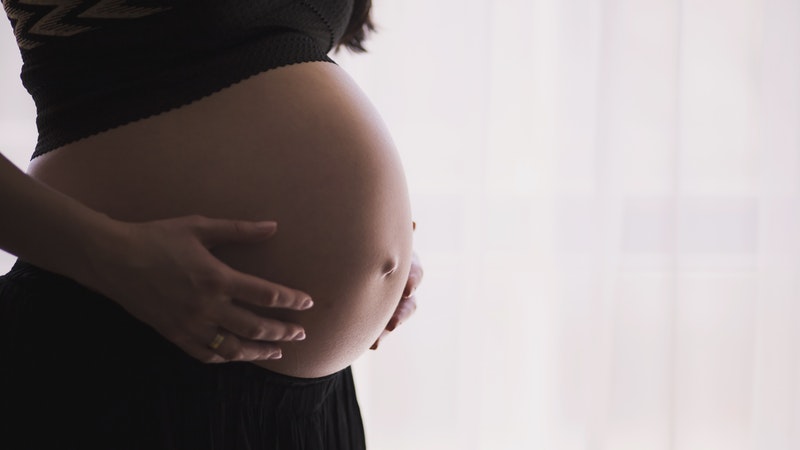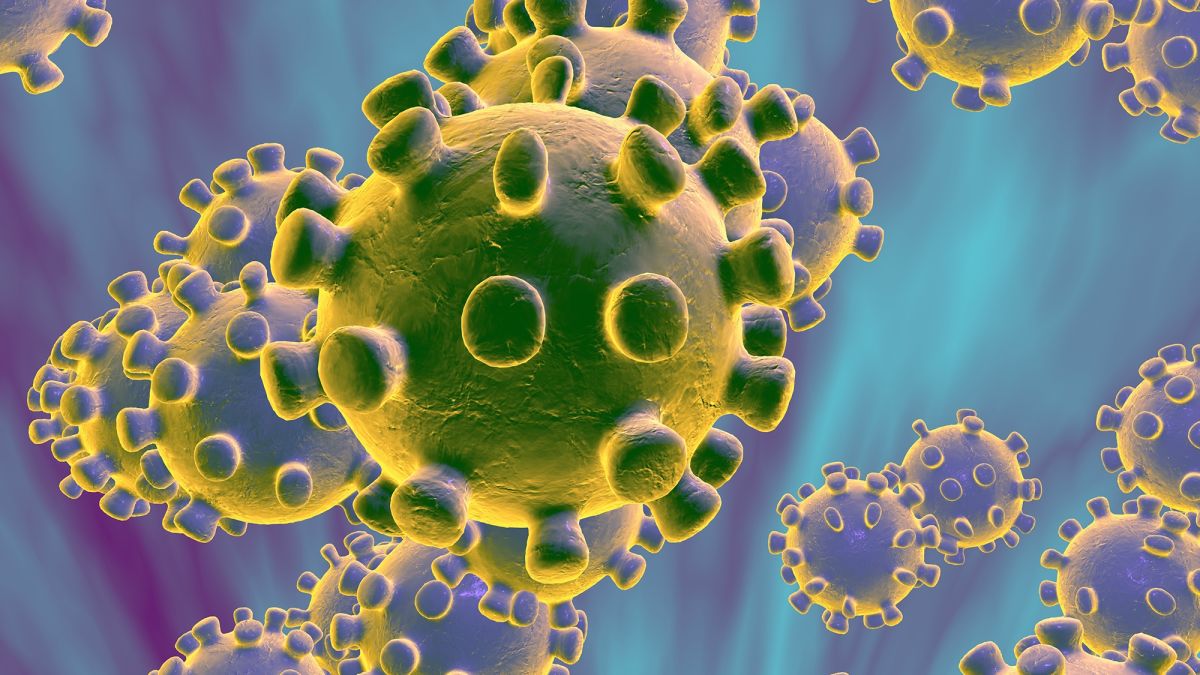Do you have a risk of contracting breast cancer after giving birth? The interaction between breast cancer and the fetus is a relatively complex matter. Will the baby’s cells kill the breast cancer cells? Are the pregnant women ensured to not develop breast cancer? And after conceiving a baby, can women undergo cancer recurrence? Is the child affected? What should the pregnant women do when with breast cancer?
The interaction between breast cancer and the fetus is a relatively complex matter. Breast cancer is a type of cancer that is closely related to the endocrine function of pregnant women.
In women of childbearing age, and especially during pregnancy, the ovaries are the places where estrogen and progesterone are produced. These two hormones have several important tasks, they:
- Regulate the uterus lining during the menstrual cycle and pregnancy
- Stimulate the growth of the mammary gland and control the secretion of milk
- Regulate the growth of pregnancy…
In women who have breast cancer, estrogen can stimulate the growth of cancer cells. In gestation, the body of the mother and fetus have the exchange of nutrients and antibodies through placenta. It should be noted that there is no direct communication between the mother and child’s circulatory system nor will there be any phenomenon where the cells from the baby can move to the mother.
The question of “Will the baby’s cells kill the breast cancer cells” may be related to stem cell use and recent usage of umbilical cord blood transplants for the treatment of certain cancers, especially leukemia.
For these cancers the treatment includes these following stages:
Using chemotherapy to kill cancer cells – even high doses of radiation therapy can damage stem cells in bone marrow. This makes bone marrow unable to produce blood cells.
- Cells are transplanted into the body that is capable of reproducing and developing into different cell types to replace damaged cells and tissue during treatment. These cells are called stem cells which can be taken out from the patient’s own bone marrow (in the case of an autologous bone marrow transplant), the bone marrow of another person (in the case of an allogeneic bone marrow transplant), or from the cells of umbilical cord blood which are taken from the fetus (taken immediately after birth). Recently, from umbilical cord cells, researchers have succeeded in creating some tissues such as skin tissues. There has been some research into the use of stem cells to cure types of a solid tumor. Therefore, “The baby’s cells will kill the breast cancer cells”, “pregnancy will help women get over breast cancer” are completely incorrect statements. In contrast, during pregnancy, increasing estrogen levels can make the disease spread even quicker and become a danger. In simple terms, pregnancy will have a negative impact on people with breast cancer.
On the other hand, treatments for cancer, especially chemotherapy and radiotherapy, cannot be performed when the patients are pregnant. Because these methods of treatment can cause serious injury to the fetus.
Some advice for patients with breast cancer:
- If you have breast cancer, you cannot get pregnant during treatment.
- If you are pregnant before the detection of breast cancer, make the decision to continue or terminate the pregnancy before starting the treatment that is dependent on the gestational age. In the case of fetuses that are still in the early stage of the development, where their chances of survival after birth is null, abortion should be performed. In the case of fetuses that are in the final stage of the development and have the possibility of survival, early termination of pregnancy is a choice (natural childbirth or a cesarean section is dependent on whether it is in the early or final stages of development). After birth, breastmilk should not be used for the baby, treatment should be performed immediately.
- After chemotherapy, in some cases, the women will not have periods when they should. In some cases, women might even still have periods and regardless still become pregnant. After a period of 6 to 8 months, the patient will be assigned to use hormonal supplements for 5 years. In that time, it is the best to avoid getting pregnant. The safest contraception method would be to use a condom, oral contraception absolutely should not be used because of the hormonal elements it contains.
After 5 years, if the patient’s disease is stable and she wishes to have a baby, the patient should ask directly to her doctor for a thorough consultation before reaching the pregnancy decision.












